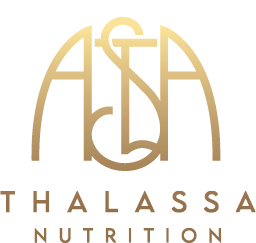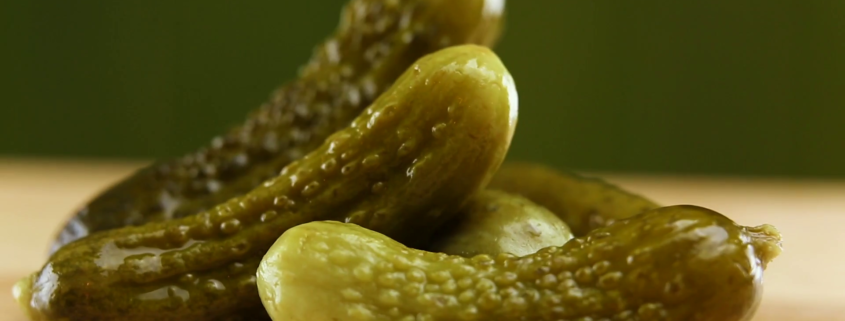The Crucial Difference Between Pickled and Fermented
How does this homemade pickled cabbage compare to the pickled cabbage in a jar in the supermarket? What about pickled cucumbers or pickled garlic, also popular commercial choices
There seems to be a bit of confusion going around about fermented foods and the difference between what you make in your kitchen and the pickled versions that are available on the supermarket shelf. For example, in one of my video lessons, I demonstrate how to make sauerkraut in the traditional manner. After the shredded cabbage ferments on the kitchen counter for a few days, it is then refrigerated or kept in a cool cellar where the sauerkraut remains naturally preserved for extended periods of time.
Alex Lewin, author of Real Food Fermentation explains that the confusion comes from the overlap in definition. In a nutshell, not all fermented foods are pickled and not all pickles are fermented. Still confused?
Foods that are pickled are those that have been preserved in an acidic medium. In the case of various types of supermarket pickles on the shelf, the pickling comes from vinegar. These vegetables, however, are not fermented (even though vinegar itself is the product of fermentation) and hence do not offer the probiotic and enzymatic value of homemade fermented vegetables.
Vegetables that you ferment in your kitchen using a starter, salt, and some filtered water create their own self preserving, acidic liquid that is a by-product of the fermentation process. This lactic acid is incredibly beneficial to digestion when consumed along with the fermented vegetables or even when sipped alone as anyone on the GAPS Intro Diet has discovered (cabbage juice anyone?). In other words, homemade fermented veggies are both fermented and pickled.
What about alcoholic fermentation? In the case of wine and unpasteurized beers, fermentation occurs as the result of certain yeasts converting sugars into alcohol but there is no pickling that takes place despite the common expression that a person who has had too much to drink is “pickled”.
Home fermentation of vegetables preserves without the use of any pressure or heat unlike supermarket versions of the same foods. It allows the ubiquitous and beneficial lactobacilli present on the surface of all living things – yes, even your own skin – to proliferate creating lactic acid which not only pickles and preserves the vegetables, but also promotes the health of those that consume it in the following ways:
- Enhances the vitamin content of the food.
- Preserves and sometimes enhances the enzyme content of the food.
- Improves nutrient bio-availability in the body.
- Improves the digestibility of the food and even cooked foods that are consumed along with it!
So don’t be fooled by unhealthy supermarket pickled versions of homemade fermented foods. These modern foods are the product of high heat and pressure which destroys nutrients and do not in any way enhance health. The one exception to this rule are the various fermented foods in the refrigerator section of many healthfood stores. These products are actually fermented and pickled. The only drawback is that these gourmet items are rather expensive compared to the pennies per ounce it costs to make them yourself.

 no
no no
no no
no